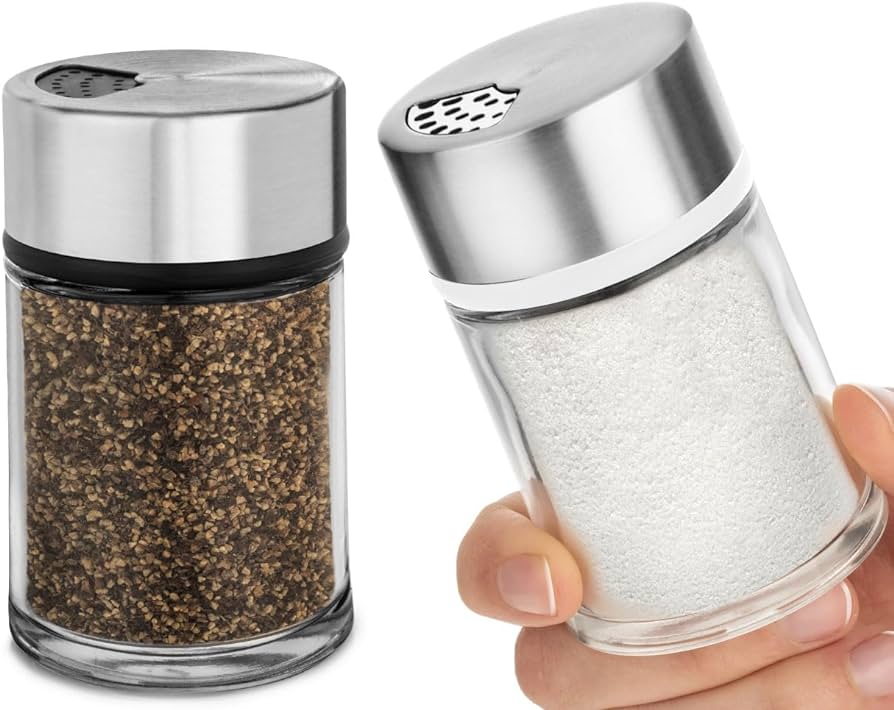Salt and pepper play a crucial role in elevating the flavor of dishes. Salt enhances natural flavors and is essential for bodily functions, while pepper adds depth and heat to dishes. These seasonings should be used in moderation to avoid health issues. When cooking, taste as you go and adjust seasoning accordingly. Salt is added early to draw out moisture, while pepper is added towards the end for bold flavor. Experiment with different types of salt and pepper to create unique flavor profiles. Understanding the role of salt and pepper in cooking is essential for creating perfectly seasoned dishes that are memorable.
The Secret to Perfectly Seasoned Dishes: Understanding the Role of Salt and Pepper in Cooking
Introduction
Seasoning is an essential aspect of cooking that can elevate the flavor of any dish. Two of the most commonly used seasonings in kitchens around the world are salt and pepper. Understanding the role that salt and pepper play in cooking can help you achieve perfectly seasoned dishes every time.
Salt
Salt is a mineral composed primarily of sodium chloride. It is one of the most important seasonings in cooking, as it enhances the natural flavors of ingredients and brings out the other flavors in a dish. Salt has been used for centuries as a preservative and flavor enhancer.
Nutritional Value
While salt is often demonized for its high sodium content, it is actually an essential mineral that our bodies need to function properly. Sodium helps regulate fluid balance in the body, aids in muscle and nerve function, and plays a role in maintaining blood pressure. However, it is important to consume salt in moderation, as excessive sodium intake can lead to health issues such as high blood pressure and heart disease.
Pepper
Pepper is a spice that comes from the fruit of the pepper plant. It is one of the most widely used spices in the world and adds a depth of flavor and heat to dishes. Pepper can be used in both savory and sweet dishes, and is often a key ingredient in spice blends and rubs.
Nutritional Value
Pepper is a good source of antioxidants, such as vitamin C, vitamin A, and flavonoids. These antioxidants help protect the body from damage caused by free radicals and reduce inflammation. Pepper also contains capsaicin, a compound that has been shown to have anti-inflammatory and pain-relieving properties.
How to Use Salt and Pepper in Cooking
When it comes to seasoning dishes with salt and pepper, it is important to taste as you go. Start with a small amount of each seasoning and adjust to taste as needed. Salt should be added gradually to avoid over-salting, while pepper can be added more liberally depending on your preference for heat.
Salt and pepper can be added at various stages of cooking, depending on the dish. Salt is often added early in the cooking process to help draw out moisture and enhance the flavors of ingredients. Pepper is typically added towards the end of cooking to preserve its bold flavor and aroma.
In Conclusion
Understanding the role of salt and pepper in cooking is key to creating perfectly seasoned dishes. By utilizing these two essential seasonings in your cooking, you can enhance the flavors of your dishes and create meals that are truly memorable. Experiment with different types of salt and pepper to discover new flavor profiles and take your cooking to the next level.
